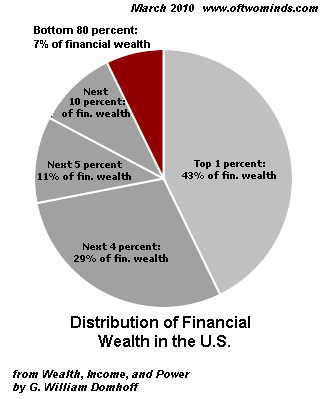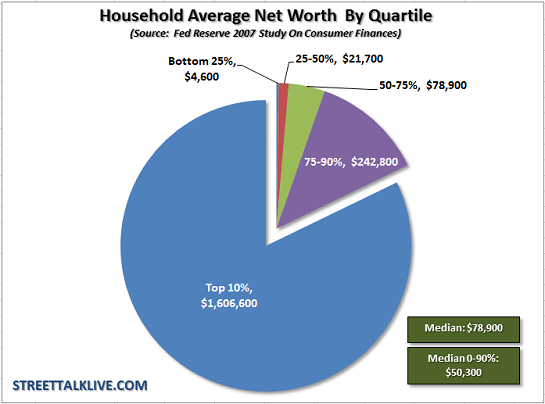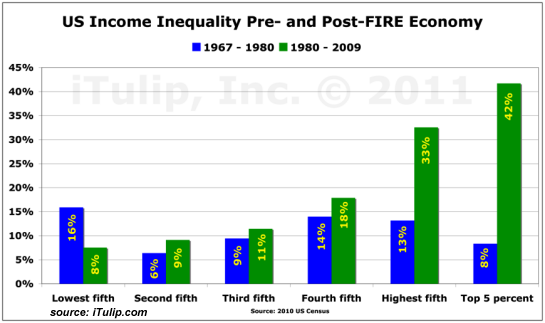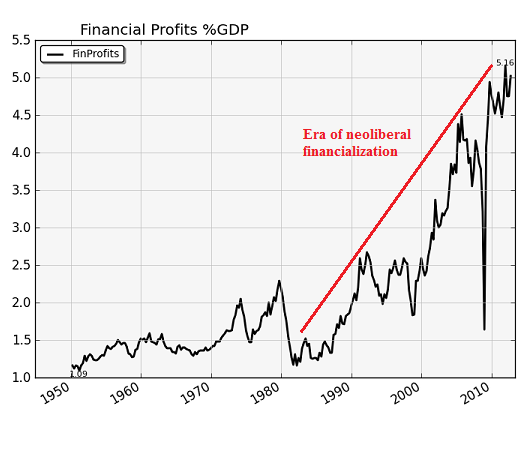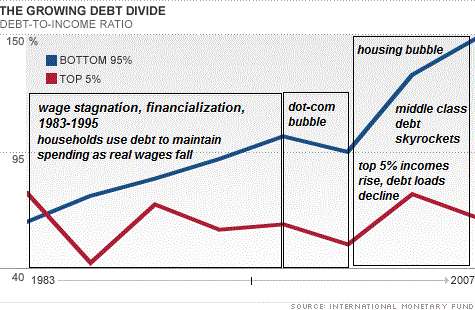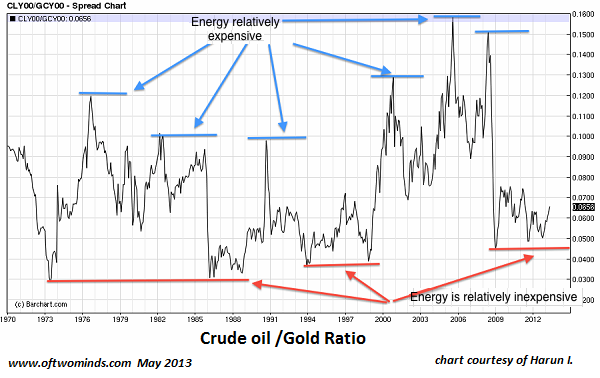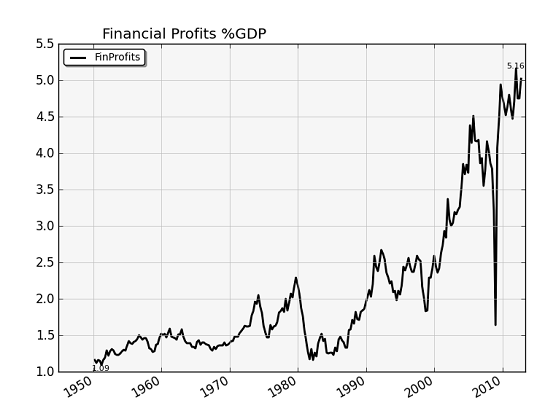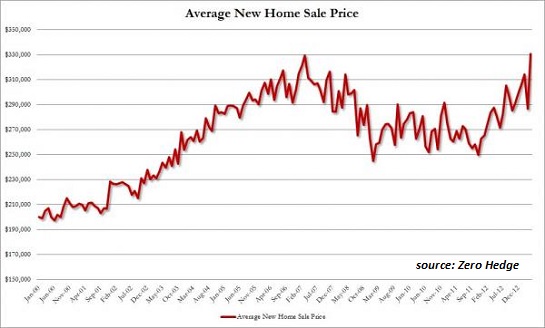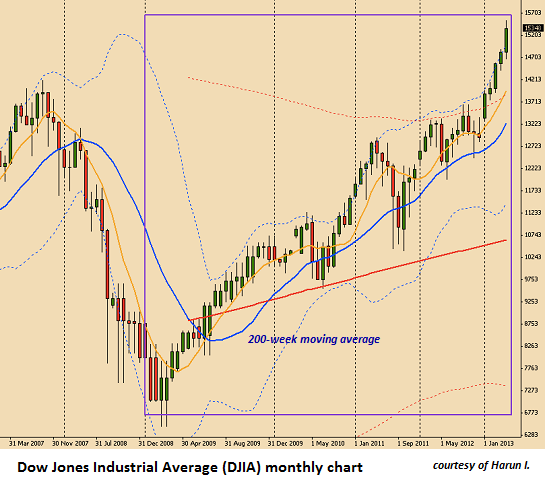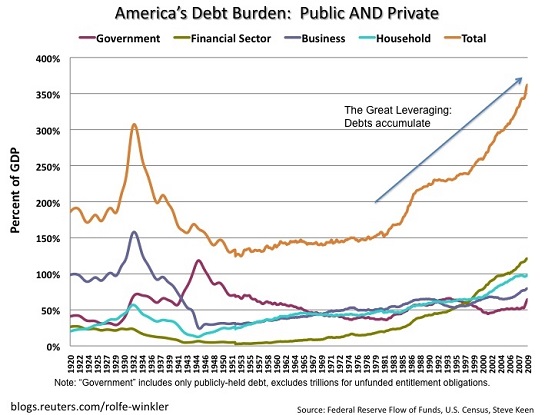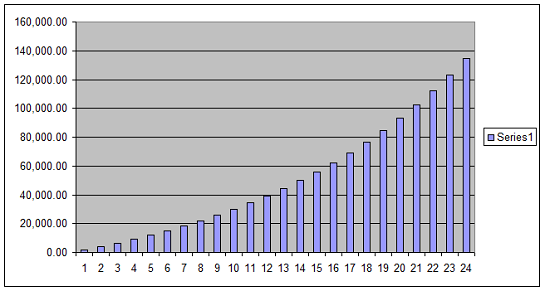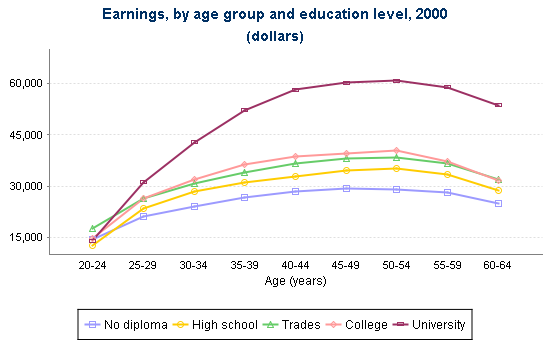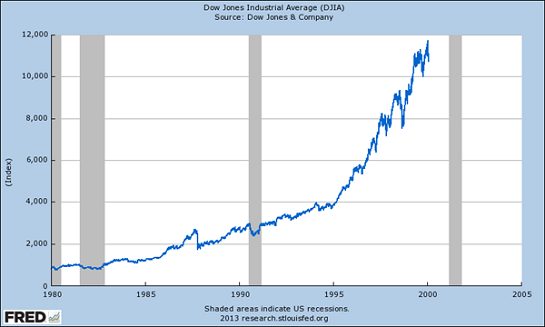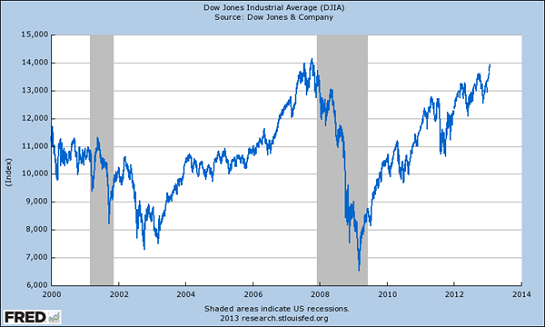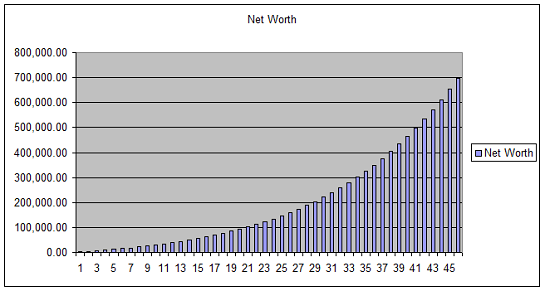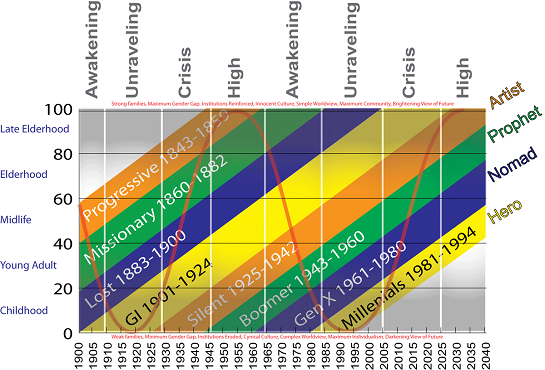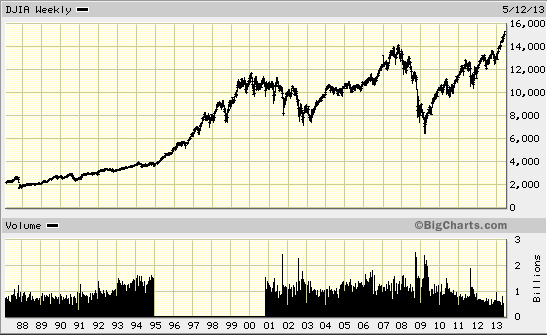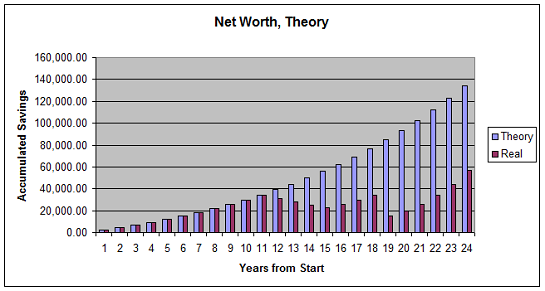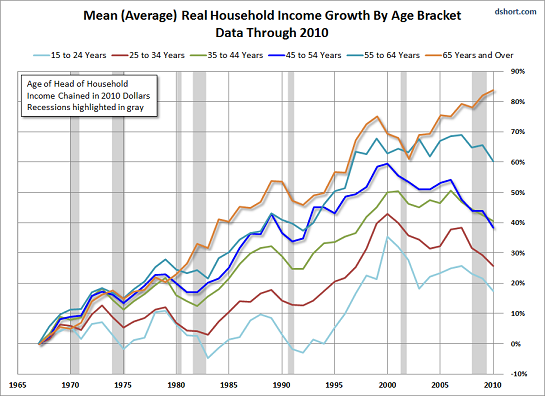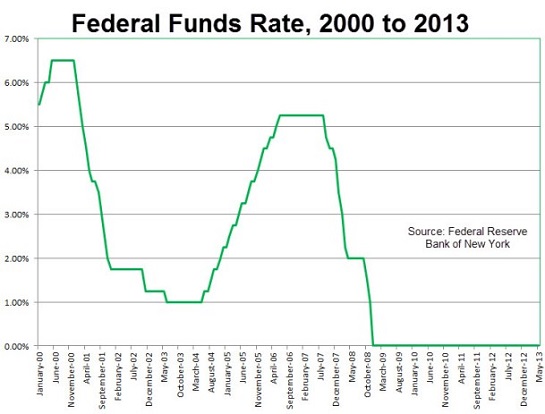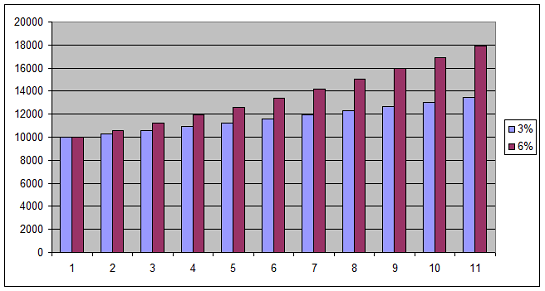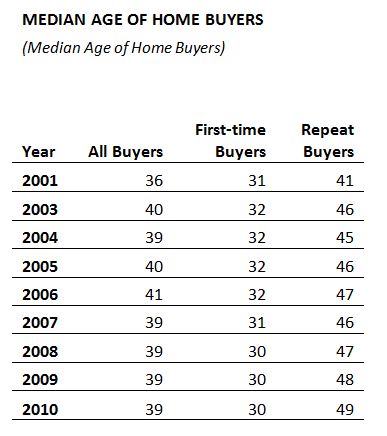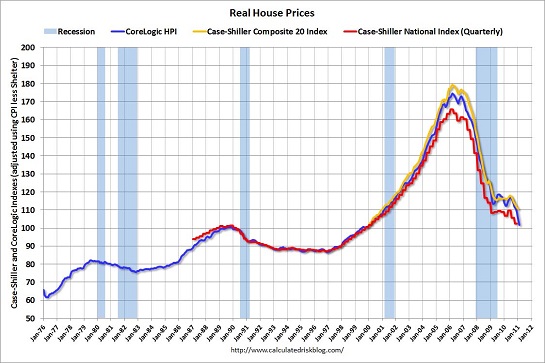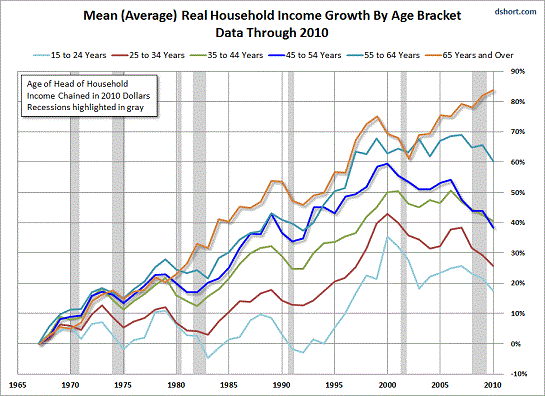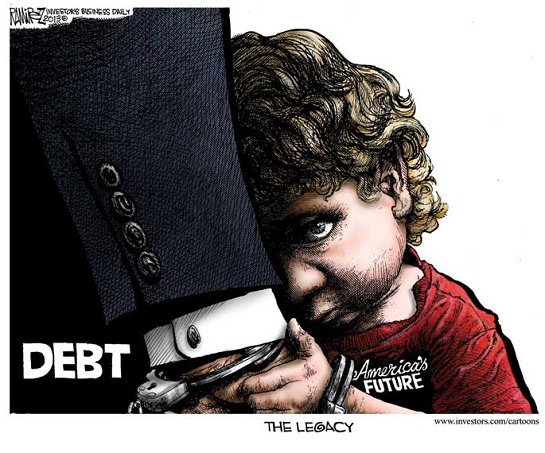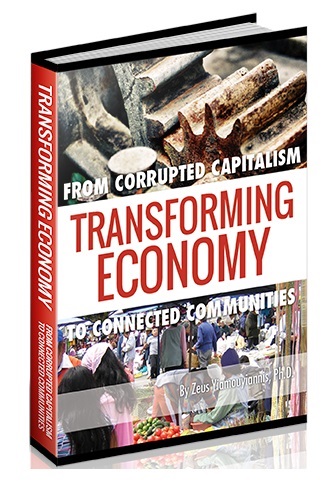 This essay is a call to citizens to put real work, ingenuity, and community above false promises and disgraced authority.
This essay is a call to citizens to put real work, ingenuity, and community above false promises and disgraced authority.
Empowerment, in this essay, is not about pumping up self-esteem but rather equipping citizens to take control of the global economy. When political and economic leaders fail to act effectively, we will have to be the ones to succeed.
Capitalism stands and falls upon care, not the superficial “I-feel-your-pain” type, but the deep, committed “I-give-a-damn” type.
What does it mean to give a damn?
“I give a damn” means: I get broadly and deeply involved, I refuse to ignore what is going on around me, and I confront and respond to challenge. The operative word is “give.”
We’ve gotten a lot of I-feel-your-pain care lately, the mindless talk and cloying platitudes, the excuse-making b.s. It’s high time for I Give A Damn (IGAD) care to have its day.
I Give A Damn is the thoughtful, courageous, active care at the core of democratic capitalism, and we are going to need every bit of IGAD if we are going to rescue capitalism from predatory collapse.
Without I Give A Damn care, functioning capitalism does not and cannot exist. The stalwarts of capitalism--value, productivity, quality, customer service, transparency, accountability, entrepreneurship, attention to detail, successful management, enforcement of law--all require that you give a damn.
IGAD doesn’t require you to be liberal or conservative. In fact, it might help if you are neither. IGAD stands in sharp contrast to both unsustainable welfare state promises and corporate feudal monopolies currently masquerading as working in the people’s interest.
Democratic capitalism is about worthwhile production and exchange by communities of people who give a damn. It is expressly not about either crony-driven concentration of wealth or government redistribution.
IGAD doesn’t accept fake “compassionate (neo-) conservatism” or fake “get-tough” liberalism. In fact, IGAD would prefer that both of these big-mouthed do-nothing ideologies and their champions shut up and get the bleep out of the way.
Since members of the status quo are clearly not going to step aside, it will be up to a fast-growing body of social, economic, cultural, political, educational, and spiritual independents to lead the charge through the status quo camp and beyond.
Conquering greed and supporting productivity
Some people say that capitalism is built on greed or its euphemistic cousin “enlightened self-interest.” It is not.
Greed could be completely eliminated and democratic capitalism would be all the better for it. Capitalism in the absence of I Give A Damn, on the other hand, would collapse immediately.
Yes, Virginia, successful, healthy global economies are based on producing and giving something of value not on simply taking something of value. You wouldn’t know this from the current climate of credit-crazed consumption and crony-driven market manipulation. Right now functioning capitalism is about as scarce as the real spirit of Christmas.
Greed has become a consuming wrecking crew, cannibalizing, exploiting, and appropriating assets, dumping liabilities on responsible citizens, and concentrating wealth in the top 0.1% in an unprecedented spectacle of what I call “financial obesity.”
The economically starved productive class (the people who do actual work of value, i.e. middle and working classes) lies unaided and unseen behind the fat covering the eyes of the financial so-called “elite” (who should be called the financial “delete,” because their only real talent seems to be in either stealing, wasting, or erasing value.)
This is what greed (and greed’s crony, power) have brought us: a rising tide of debt and servitude built on exploitation and manipulation, quite the opposite of a rising tide of prosperity built on free enterprise promised by the so-called American Dream.
“But isn’t greed human nature?” Greed is no more human nature than suicide is human nature. Right now, imbibing greed is suicide just as surely as drinking spiked kool-aid. I Give A Damn care, by contrast, is essential to any human nature that concerns itself with thriving and surviving in our new interdependent reality.
Supply is not the issue. There are plenty of people capable of giving a damn. Any time natural disasters strike, I Give A Damn citizens pour out of the woodwork.
Though currently submerged, I Give A Damn productivity needs to emerge and start winning the day. That requires choosing between the parts of our human nature—the desire to give and the desire to take—and then deciding and following through resolutely on the giving part. This means elevating our character, conviction, and good sense instead of cannibalizing each other.
Are we going to give a damn and contribute to new life or are we going to try to take down the world as we escape into death? Are we going to stand up, man up, and woman up, or leave our children and our planet with an irretrievable mess?
Without this decision foremost, all the technical talk and analysis about the economy is ultimately junk, the same junk composing junk bonds.
“Unite and Win”: IGAD operational strategies
Since so much of the current global and national decision-making is being done by an exceedingly small band of incompetents and gluttons, we need not work to divide them. They are trying to divide us. We need to unite.
You give a damn, really? What have you been doing civically? Giving to Greenpeace or volunteering at the soup kitchen or attending Daughters of the American Revolution? Well, that’s good start and we need it, but all the food pantries in the world won’t make up for bad policies that eliminate food for hungry people!
Capitalist cronies will gladly take the surplus created by charity cost offloading to fund their military boondoggles and leave the middle and working classes both struggling on less and caring for the needy more. For any challenge to work, citizens need to get “systemic” and become smartly organized.
The time has never been riper to collaborate across the supposed dividing lines of ideologies. Haven’t you been paying attention lately? Even Ronald Reagan’s fiscal policy appointees Bruce “Supply-Side” Bartlett and David “Trickle Down” Stockman are sounding a regretful, almost progressive, tone. They now admit that their wealth-coddling ideology weakened conservatism and gave strength to party extremists.
Economic productivity and participation have plenty in common with traditional conservative values (self-reliance, fiscal responsibility, etc.) and traditional liberal values (concern for “least among us,” etc.) not to mention activist, tech-savvy progressivism interested in creating sustainable ways to thrive.
The ad banner for unity should merely read: “Calling all sane, caring, inventive, substantive, hard-working people.” Qualifications: 1) Have your head upright, and not crammed into some orifice (yes, you Republicans who are not part of the bigoted nutjob segment of your party), 2) have some guts, (yes, you Democrats who remember what courage is and still utilize it), and 3) have an original, interdependent, creative, collaborative character.
Unity going forward does not require the promise of hope and change. Hope and change will be realized if we get down to business.
Citizens as savvy political entrepreneurs
So-called “Powers That Be” assume organized citizens will fall for transparent co-option. “What are your demands, Occupy Wall Street?”, they say. Demands? How about just good-ole fashioned competition and pressure and relentless engagement. (Oh, pardon me... That wouldn’t be fair. I forgot oligarchs no longer remember how to do competition with all their no-bid, insider contracts, and “cost-plus” accounting.)
I don’t have to make demands as a citizen. I’m a leader. I get busy, I organize, I pressure, I create alternatives, and I keep working, working, and working until financial, political, and cultural exploiters fold.
There are no appeals to be made to a financial caste system that has proven it will not listen or change. Instead there is citizen conviction. There are reality-based principles and actions driven by the knowledge that the world can be a better place tomorrow if we use our minds, hearts, and efforts today.
Be aware, idle rich: You are getting soft from the hypocrisy you keep slathering on your power lunches. We are not going to fall for promises, stop our activism, and then watch you fail to deliver yet again. (Obama, you’d better be listening, because you are and your sit-on-its-hands Justice Department are included.)
Nor are we going to watch you steal from us and then give us a cut of our own loot if we play ball. We are not going to agree to you borrowing from the future and piling debt on our kids.
Productive citizens don’t have to make demands to financial freeloaders. We are the ones producing the value. We refuse to recognize your alleged authority. You have failed. We will develop and conduct our own leadership, value, and exchange.
You, the idle rich, the financial delete, are expendable. You offer nothing, unless you are willing to roll up your sleeves and do some real work. So stop doing ‘God’s work’ by stripping commissions from production, and start producing something of value. Be a stakeholder. Participate in the market. Be accountable to the market.
Be a democratic capitalist, for God’s sake. That is our one and only requirement.
Confronting the false idols of corrupted capitalism
• Having money never makes you better than someone else. What is relevant is how you get your money. Any tool or crook can possess large sums of money.
• Real personal worth involves human character and choices. It is not a financial dollar figure. Without a sober assessment of human character and choices there is no way to make a distinction between producers and parasites, no social distinction between those who invest in constructive vs. destructive enterprises. These distinctions are crucial in functioning capitalism.
• Maximizing personal profit at any cost destroys capitalism and capitalist societies. Additional financial profit can always be made by plundering natural resources and abusing people. That is not the kind of profit we can tolerate in democratic capitalism, even if it is available.
• “Making money off the crisis” will drive capitalism into a sinkhole if it is dominated by profiteering from the misery of others, rather than from countering irrational exuberance.
• People who financially benefit from sucking, deceiving, lying, cheating, and stealing, should be thrown either into jail (fraudsters) or to the side of the road (talking heads, industry flacks, technocrats, etc.). If you make money by destroying people and their societies you are a corrupt capitalist, a looter, a thief, and and/or a murderer, period. If you are a government official who rewards these destruction-bringers, then both you and the private interests you prostitute yourself to must be defeated with democratic voting and citizen action.
Principled, effective actions for IGAD democratic capitalism
Revolutions start when growing groups of people congregate in cafes, taverns, meeting halls, and homes. For productive democratic capitalism to work, we need to get together and start doing the things that help our ability to survive and thrive, individually and collectively, and stop doing the things that harm.
• Get your money out of too-big-too-fail banks, all of it. Move savings, money markets, retirement accounts. Divest everything and both “strongly encourage” and help every family member, neighbor, and investor to do the same. If Bank of America can’t respect the laws and principles of capitalism, then maybe they will respect the laws of accounts: When you have no money, you can’t spend squat and you can’t make a profit. Welcome to what the rest of America is experiencing.
• Rebel against the consumerist “American Dream” that is making your life a nightmare. If there is one thing you should refuse to buy it’s the media mantra that the solution to everything is to just get consumer spending up, up, up. It’s a pyramid scheme run against a finite planet. This is a recipe for destroying, not aiding, future generations. And spend with what? Your great job that has not returned (or even materialized). Your growing debt? Make reality your ally. Stop buying from irresponsible corporations, buy second-hand goods from friends and neighbors, and support community business with the money you save.
• Say “no” to debt servitude! If you cannot pay your debt, seek legal, political, and personal solutions. Community-organize to provide low or no cost legal bankruptcy protection. Work politically to get student loans to be dischargeable debt. Research and get competent legal advice on how to renounce or negotiate down debts to large companies you cannot reasonably pay. “Moral sanctity of the contract” is demonstrated by accepting the legal and financial consequences of failure. The lendee loses equity and receives a bad credit rating for payment failure. The lender receives financial loss for asset failure.
• Say “yes” to strengthening, simplifying, and de-expensing your life. Take care of yourself physically, mentally, emotionally, and spiritually. Don’t eat garbage food. Exercise regularly. Take non-essential activities and luxuries (i.e. cable TV) off your plate. Attend a free book lecture. Donate or sell the things you are not using. Meditate. Contemplate. Vitalize. Organize. You are going to need every aspect of your health in peak condition to best meet and embrace the seismic world changes that will be coming much sooner than we all think.
• Pool your money, resources, and time. Even with their big infusions of taxpayer bailout money, banks aren’t lending to Main Street. Do we really need them? Why not gather momentum around crowd-funding and circle lending at all levels. Why can’t young people or young families move in together and share and trade their resources around childcare, meal preparation, elder care, professional skills and so forth. This mini “economies of scale” could free up significant space to develop an entrepreneurial business or spend more time organizing and developing the infrastructure for sustainable and fulfilling social and economic advancement.
Conclusion:
Corruption thrives when good people do nothing. Societies rebound when good people do something.
Let’s do this. Let’s make democratic capitalism happen.
This essay is from the newly released book, Transforming Economy: From Corrupted Capitalism to Connected Communities by Zeus Yiamouyiannis, Copyright 2013.
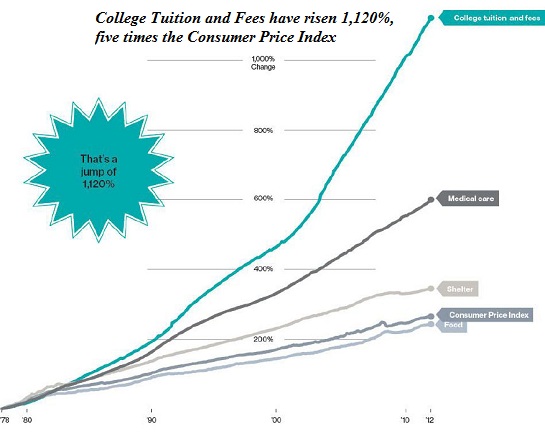
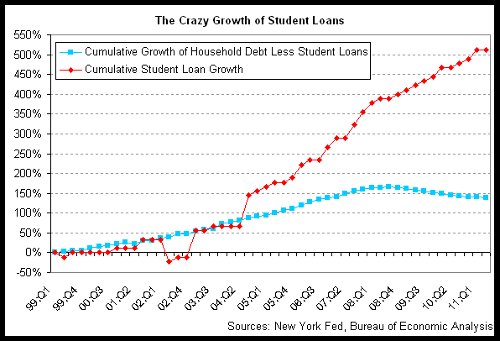
 1. Debt and financialization
1. Debt and financialization


















